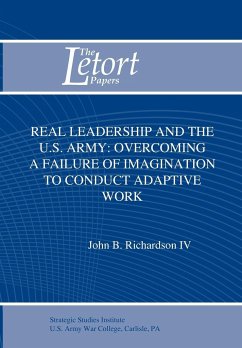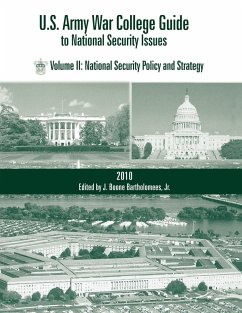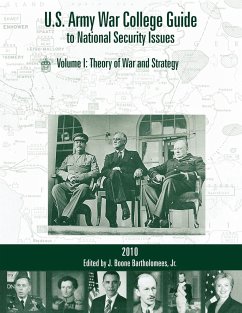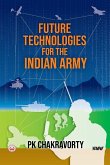This monograph begins with a case study that provides a means for analyzing the complexity of organizational leadership in the contemporary security environment. As such, it presents a high stakes problem-set that required an operational adaptation by a cavalry squadron conducting combat operations in Baghdad. This problematic reality triggered the struggle to find a creative response to a very deadly problem, while cultural norms served as barriers that prevented the rejection of previously accepted solutions that had proven successful in the past, even though those successful solutions no longer fit in the context of the reality of the present. The case study highlights leaders who were constrained by deeply-held assumptions that inhibited their ability to adapt quickly to a changed environment. The case study then moves on to provide an example of a successful application of adaptive leadership and adaptive work that was performed by the organization after a period of reflection and the willingness to experiment and assume risk. The case study serves as a microcosm of the challenges facing the U.S. Army, and the corresponding leadership framework presented in this monograph can be used as a model for the Army as it attempts to move forward in its effort to make adaptation an institutional imperative. The paper presents a more holistic approach to leadership where the leader transcends that of simply being an authority figure and becomes a real leader who provides a safe and creative learning environment where the organization can tackle and solve adaptive challenges. The paper concludes by recommending that U.S. Army leaders apply Harvard Professor Dean Williams's theory to the challenges confronting the Army's leader development process thereby fostering a culture of adaptive leaders.
Hinweis: Dieser Artikel kann nur an eine deutsche Lieferadresse ausgeliefert werden.
Hinweis: Dieser Artikel kann nur an eine deutsche Lieferadresse ausgeliefert werden.








